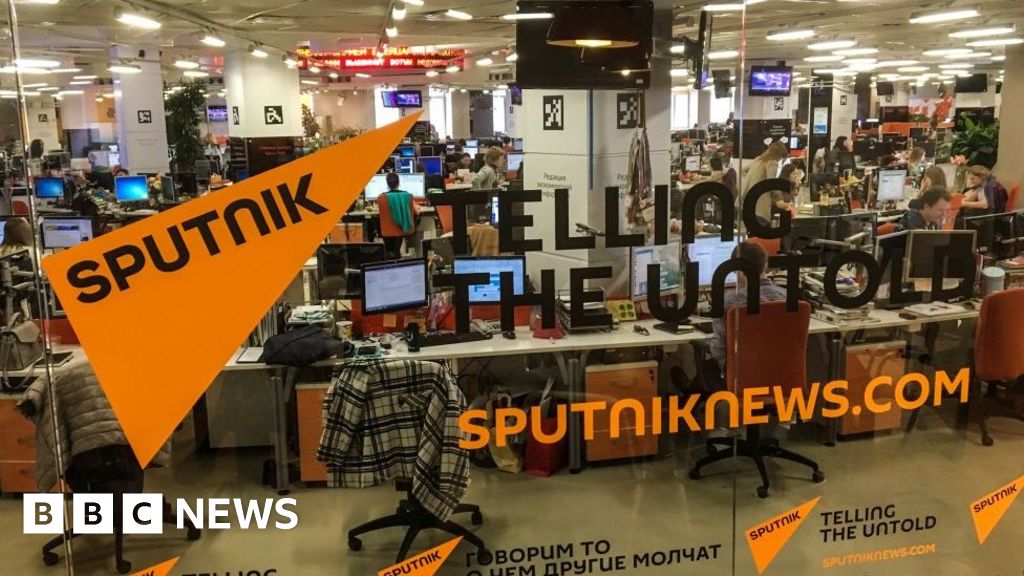Facebook Tackles Russians Making Fake News Stories

 Image copyright
Getty Images
Image copyright
Getty Images
Facebook has removed 500 pages and accounts allegedly involved in peddling fake news in Central Europe, Ukraine and other Eastern European nations.
The action ends efforts by two separate groups to "manipulate people", said Facebook in a blog.
The accounts had more than 900,000 followers and between them spent more than $160,000 (£124,000) on adverts.
Facebook said the accounts were loosely connected to Russian state groups known to push fake news.
The shutdowns hit two separate campaigns that were "engaging in co-ordinated inauthentic behaviour", it said.
The largest group of pages and accounts was located in Russia but targeted its misleading content across most nations and regions in Eastern Europe.
The organisations running the networks of pages posed as independent news sources and regularly put out information about a variety of subjects including weather, travel, sports, economics and politics.
As well as more general subjects, these pages also regularly wrote about protest movements, anti-Nato sentiment and anti-corruption efforts.
Detective work by Facebook, aided by police and other technology groups, found that many of the people behind these accounts and pages worked for the Russian news agency Sputnik.
The other group of accounts that were removed were also located in Russia, but aimed almost all of their content at Ukraine.
The types of information being spread and the tactics used "shared characteristics" with the campaigns run by Russia's Internet Research Agency (IRA).
The US government has described IRA as a "troll farm" and said it has ties to the Russian government. In February 2018, 13 people who worked for IRA were indicted by the US and charged with trying to undermine the 2016 US presidential election.
"We're taking down these pages and accounts based on their behaviour, not the content they post," said Nathaniel Gleicher, head of cyber-security policy at Facebook, in the blog.
"In these cases, the people behind this activity co-ordinated with one another and used fake accounts to misrepresent themselves, and that was the basis for our action," he added.
Tackling pages that abuse Facebook was an "ongoing challenge", said Mr Gleicher.
"The people responsible are determined and well-funded," he said. "We constantly have to improve to stay ahead."
From Chip War To Cloud War: The Next Frontier In Global Tech Competition
The global chip war, characterized by intense competition among nations and corporations for supremacy in semiconductor ... Read more
The High Stakes Of Tech Regulation: Security Risks And Market Dynamics
The influence of tech giants in the global economy continues to grow, raising crucial questions about how to balance sec... Read more
The Tyranny Of Instagram Interiors: Why It's Time To Break Free From Algorithm-Driven Aesthetics
Instagram has become a dominant force in shaping interior design trends, offering a seemingly endless stream of inspirat... Read more
The Data Crunch In AI: Strategies For Sustainability
Exploring solutions to the imminent exhaustion of internet data for AI training.As the artificial intelligence (AI) indu... Read more
Google Abandons Four-Year Effort To Remove Cookies From Chrome Browser
After four years of dedicated effort, Google has decided to abandon its plan to remove third-party cookies from its Chro... Read more
LinkedIn Embraces AI And Gamification To Drive User Engagement And Revenue
In an effort to tackle slowing revenue growth and enhance user engagement, LinkedIn is turning to artificial intelligenc... Read more

